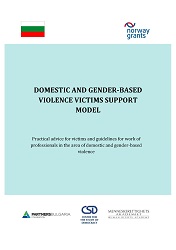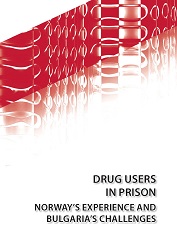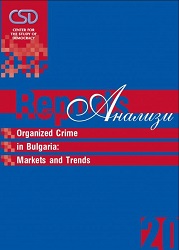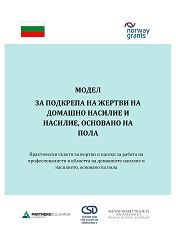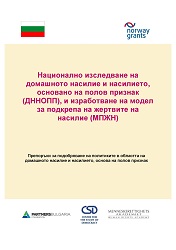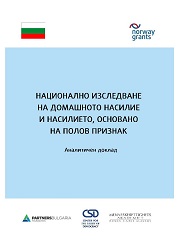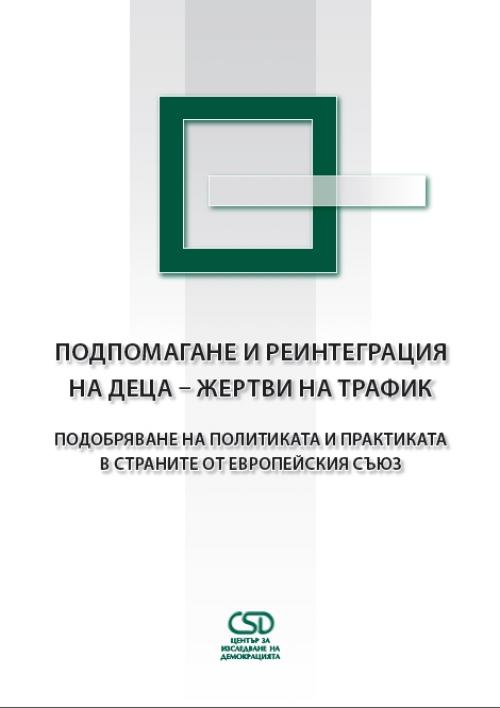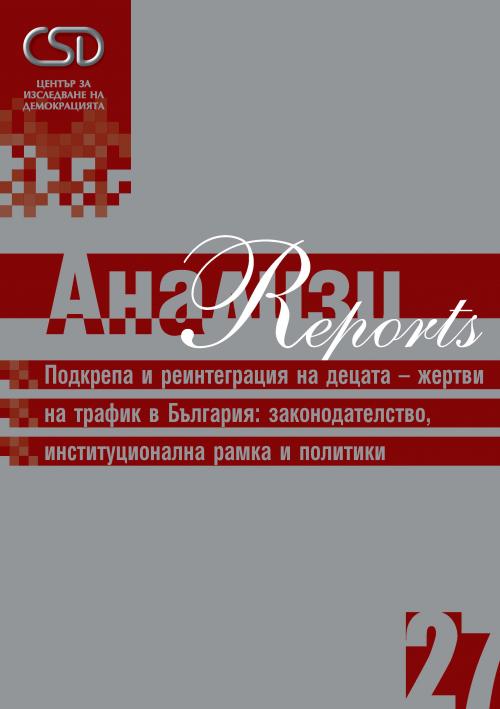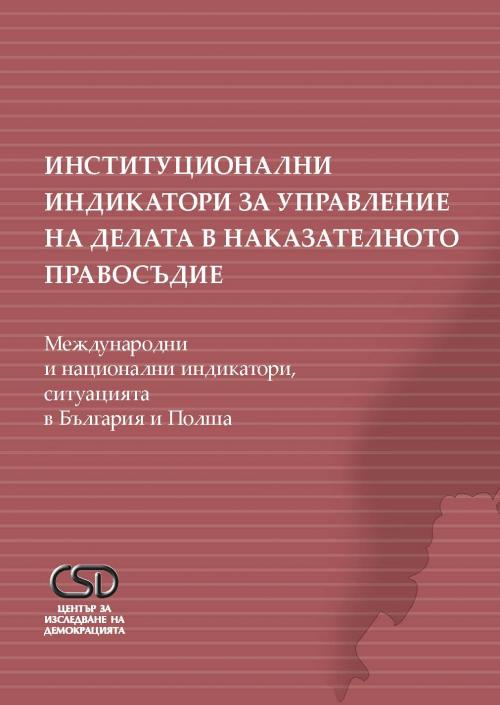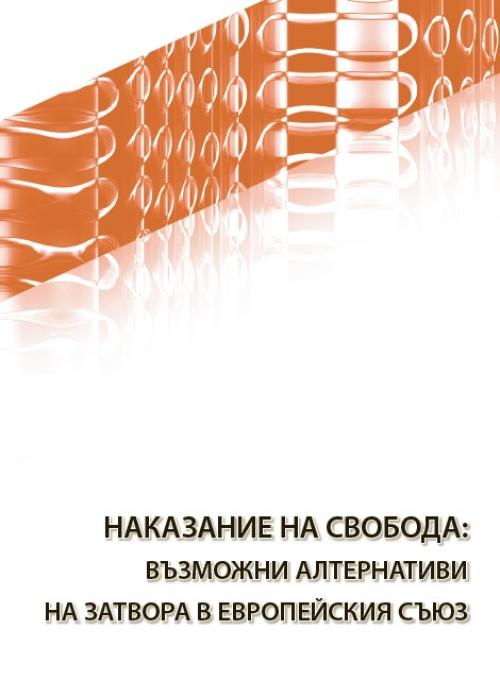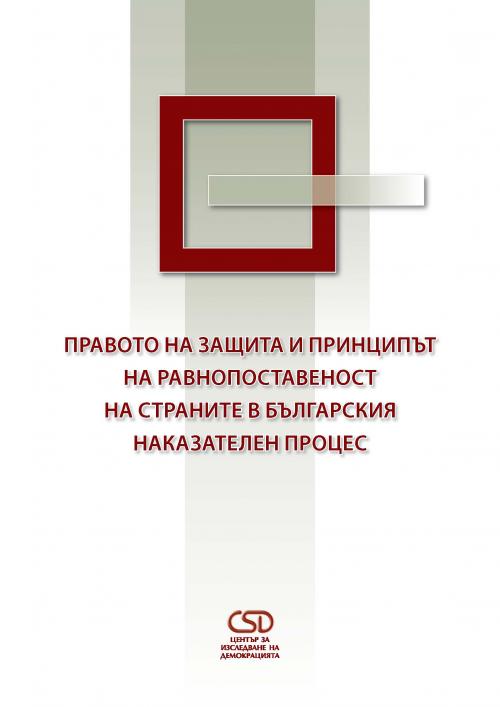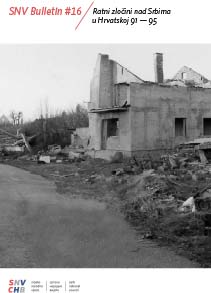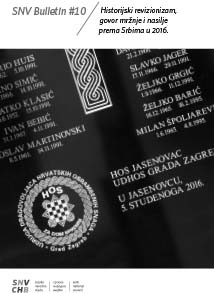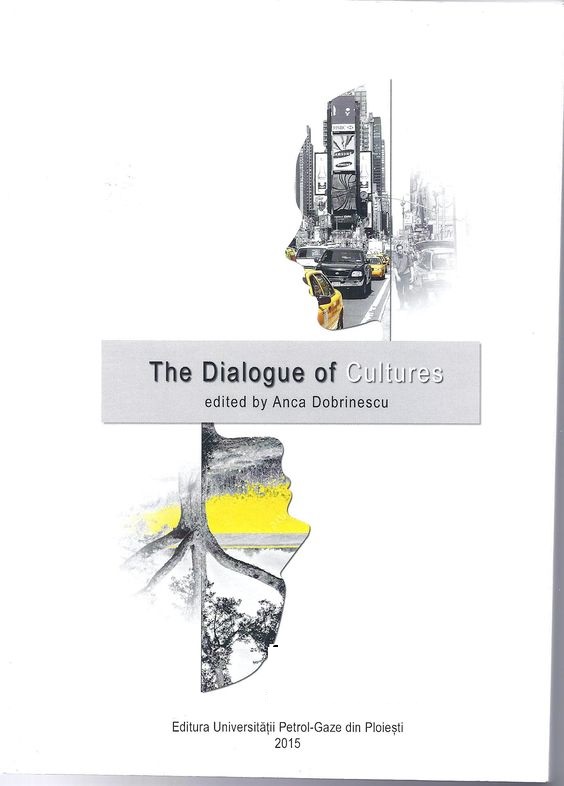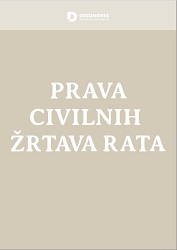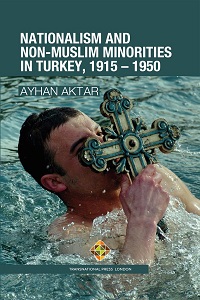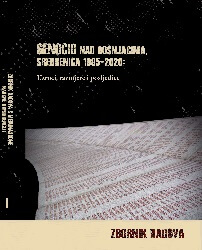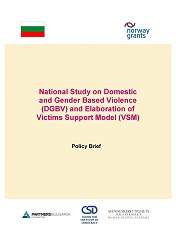
National Study on Domestic and Gender Based Violence (DGBV) and Elaboration of Victims Support Model (VSM)
The current brief is based on the results of the National Study on Domestic and Gender Based Violence (DGBV) and Elaboration of Victims Support Model (VSM), developed under Programme Area 29, BG12: Domestic and Gender Based Violence, Measure 3: Research and data collection of the Norwegian Financial Mechanism. The study focused on four main thematic areas connected with DGBV phenomena: factors and causes, scales and prevalence, consequences, and public response. The study revealed that DGBV victimisation is caused by the simultaneous action of three types of factors: factors representing a conflict, violent conflict-resolution models that the perpetrators follow, and lack or blocking of deterrent mechanisms. DGBV re-victimisation occurs when the victims lack both internal and external resources to counteract. The reporting of DGBV prevalence depends on three factors: real occurrence of DGBV, awareness that the experienced acts represent DGBV, and readiness to share this experience with authorities, help providers or researchers.
More...
